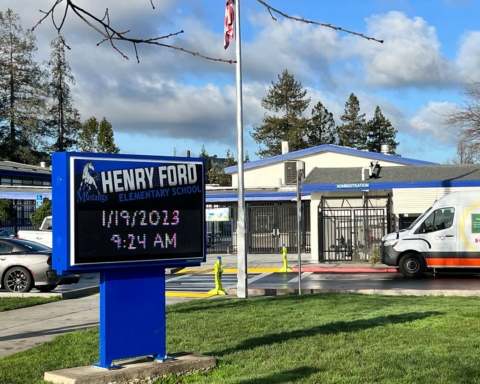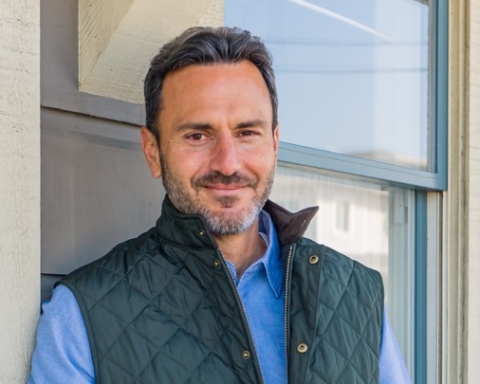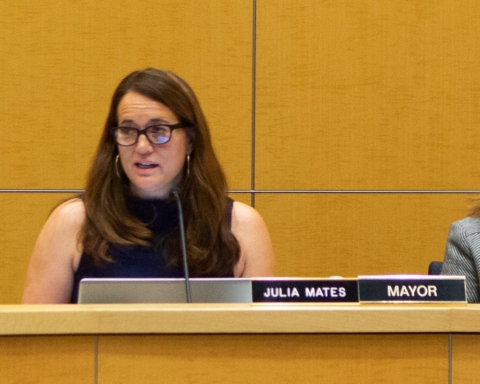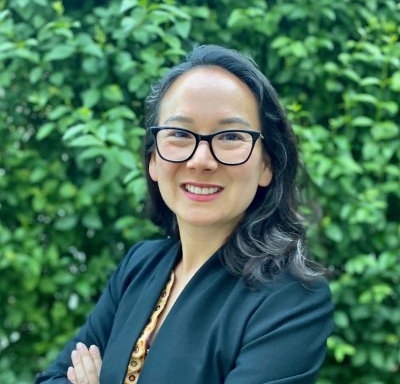If, as Joe Biden says, the soul of America is on the national ballot, you could make a case that the local election is entirely about trust – trust that local government will act for the broadest well-being of the community while walking the maze of highly localized neighborhood interests and well-funded business interests.
Up and down the Peninsula, there is an unprecedented number of contested races for office. A striking feature of that lengthy lineup is that incumbents are being challenged at every level, an indication that there are those who think the public has lost some measure of faith in the people currently running our cities and schools.
Many of those challenges can be tied directly to a wave of political reform that quietly has been washing over the Peninsula in the form of district elections and campaign spending caps, and which lowered the threshold for challengers. Overlaid on those reforms is a pandemic and a year of social change, as we confront our vulnerabilities and dark chapters in our history, all of which provides an emotional context for an insurgent candidacy.
All of which has led us to now and local races replete with challengers who represent a new diversity – candidates who are young, LGBTQ, minorities and female. A critic would call them inexperienced. They might respond that they are not tied to the old, ineffectual ways.
Many of them are politically quite progressive. And that hints of further political change in a region already very liberal. Meager labels aside, this much is clear: The next generation is coming. As a rule, they are dissatisfied with the job done by the folks currently in charge. As Bob Dylan wrote in another era of upheaval and division, “The old order is rapidly changing.”
On the Peninsula, all issues begin and end with land use. In the past, right up to this election cycle, land use has been about growth, development and profit. Land use will always be the central issue, but this new wave of candidates hints of such debates occurring in the context of fairness – how land use policies perpetuate everything from who lives where to economic equity and police-community relations.
So, what about Tuesday’s election? Will these changes result in a surprising upset in one of these elections? Not this time, I think. But most political careers start with an early loss. The foundation has been laid for more challenges and, in the end, some measure of success.
To quote Dylan again, and from the same song:
Come writers and critics
Who prophesize with your pen
And keep your eyes wide
The chance won’t come again
And don’t speak too soon
For the wheel’s still in spin
And there’s no tellin’ who
That it’s namin’
For the loser now
Will be later to win
For the times they are a-changin’
FOLLOW THE MONEY: With the final days of the 2020 campaign at hand, last-minute money has begun pouring into campaigns, and no special interest has been more active than those associated with pro-development and growth.
It confirms that amid a pandemic, disputes and discussions over race and a tumultuous presidential contest that could set the direction of our country for a generation, the dominant issue on the local ballot – in any race – remains development. If money is the mother’s milk of politics, real estate is the midwife.
In the hot, hot, hot race for the San Mateo City Council, the California Apartment Association has taken a big swing at influencing the final outcome. In the last several days, the CAA has dropped more than $31,000 in late independent expenditures on behalf of Lisa Diaz Nash, who is challenging appointed incumbent Amourence Lee and incumbent Diane Papan for one of the two seats up on Tuesday. The CAA also spent more than $14,000 on Papan’s behalf.
The odd person out is Lee, whose progressive politics clearly make the CAA folks more than a little uneasy.
In the Redwood City, the CAA, which plunged into the 2016 election with all the energy of a misguided missile, has kept a much lower profile. Still, real estate never stays on the sidelines and a partnership of like-minded entities have plunked down about $2,000 for Jeff Gee in the Redwood Shores-centric District 1. In District 3, one of two majority minority districts, challenger Isabella Chu’s enthusiasm for building more, taller and more densely, got the attention a couple of development backers to the tune of another $2,000.
The big bucks also have been rolling in late for Councilmember Alicia Aguirre, running in the Farm Hills District 7, including $1,000 from California Realtors, $1,000 from the Harbor Village Mobile Home Park and contributions ranging from $100 (former county Supervisor Adrienne Tissier) to $500 (Assemblymember Kevin Mullin).
In the last days of the campaign, the fundraising leaders in the respective districts are Gee, Councilmember Janet Borgens and Aguirre. … Michael Smith, running unopposed in District 4, raised more than $15,000 for his non-campaign. He used the money to repay the $4,000 he loaned the campaign at the outset, and made a $250 contribution to Jaime Harrison, the Democrat challenging Sen. Lindsey Graham in South Carolina and $200 to Mike Espy, running for the open Senate seat in Mississippi.
NOT SO GRAND OLD PARTY: If you’re looking for the height of cynicism, look no further than our home state, where the decrepit Republican Party has been putting out phony ballot collection boxes. Party officials offered up some argle-bargle for why they did it, but all it sounded like was the noise adults make in a Peanuts movie.
Within a few years after I cast my first vote, I was covering Peninsula politics for local newspapers. Peninsula politics included smart, thoughtful, principled, pro-choice, pro-environment Republican candidates and officeholders – such impressive figures as Becky Morgan, Tom Campbell, Pete McCloskey and Ed Zschau. Reagan-style conservatism began the process of driving away moderate Reeps in the name of political purity. Trump-style whatever-ism has just about finished the job, helped considerably by the boneheads who think phony ballot boxes is a clever trick.
It’s a loss. They were good people and we were all better served by two vibrant and vital political parties. Instead, what we are facing in the next few election cycles is a hard-charging progressive wing of the Democratic Party, pushing candidates further and further toward political purity. It’s a shame that the one lesson progressives learned from conservatives is to behave more like them.
ANATOMY OF A CAMPAIGN CLAIM: Reading a flyer from Uber and Lyft in support of Proposition 22, the biggest-spending campaign in California history, even I couldn’t help but notice the front-page headline: “The vast majority of app-based drivers say yes on 22.” Out of curiosity and unrelenting political geekhood, I dove into the Yes on 22 website to find the source of this statement. In there, I also saw this: “A new independent survey released this week found that 60% of California app-based drivers support Prop 22, while only 23.6% oppose.” All I could find was some information from a blogger named Rideshare Guy, who asked his readers to respond to a survey on Prop. 22. The result was the information cited in the flyer. What the flyer doesn’t tell you is that Rideshare Guy got 619 responses. The Yes on 22 website says there are 116,000 app-based drivers statewide.






